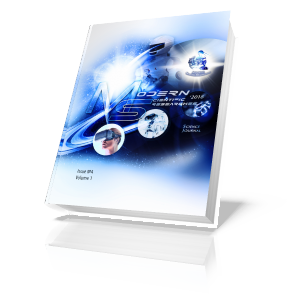ASSESSMENT AS A MEANS OF ENHANCING STUDENTS’ MOTIVATION IN THE ESP COURSE
DOI:
https://doi.org/10.30889/2523-4692.2018-04-02-032Keywords:
0Abstract
The article studies the problem of assessing students’ achievements in the ESP context. The author analyzes fundamental principles and methods of formative and summative assessments, which are aimed to improve both students’ and teachers’ activity. The inMetrics
References
Bucur, N.-F., Neagu, C. The Limits of ESP Tests. Challenges of the Knowledge Society. Education and Sociology. 898-901.
Dudley-Evans, T. & St. John (1998). Developments in English for Specific Purposes: A Multi-Disciplinary Approach, Cambridge University Press.
Didenko, I., Filatova, O. (2017). Continuous Assessment in ESP Context. European Journal of Multidisciplinary Studies. Vol.6 (1). 138-141.
Erwin, T. (1991). Assessing Student Learning and Development: A Guide to the Principles, Goals, and Methods of Determining College Outcomes. San Francisco: Jossey-Bass.
Hutchinson, T., Waters, A. (1991). English for specific purposes. A learning-centered approach. Cambridge: Cambridge University Press.
McMillan, J. (2000). Fundamental Assessment Principles for Teachers and School Administrators. Practical Assessment, Research and Evaluation, 7(8). [Online Version]. http:// pareonline.net/getvn.asp?v=7&n=8.
Walvoord, B. (2014). Assessment Clear and Simple. Practical Steps for Institutions, Departments, and General Education. San Francisco: Jossey-Bass.






